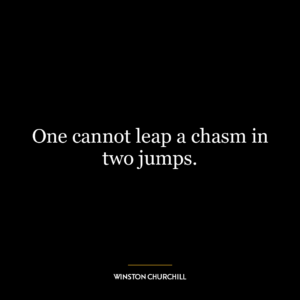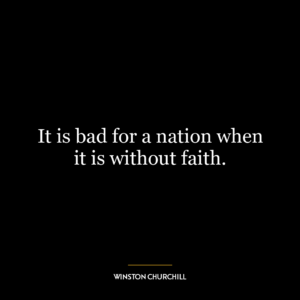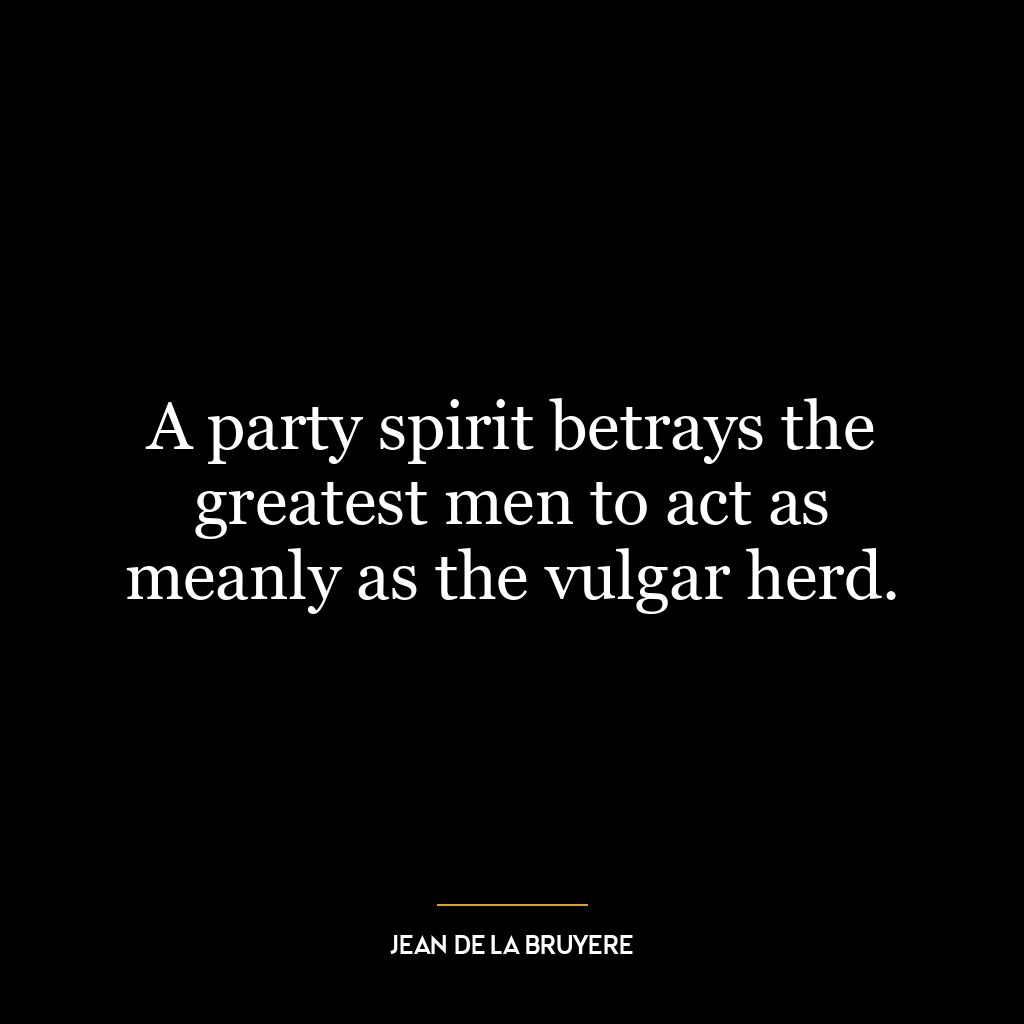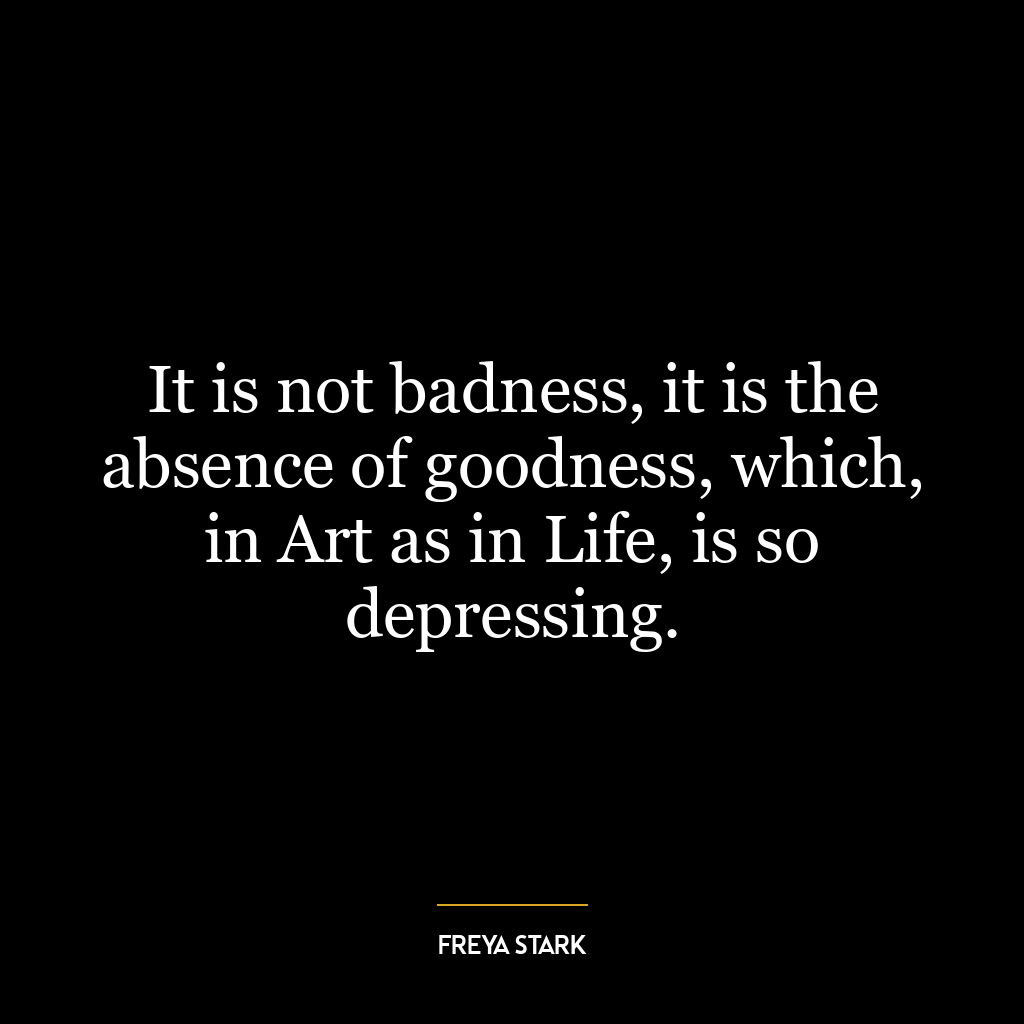You know, in war, you don’t have to be nice. You only have to be right.
This quote, “You know, in war, you don’t have to be nice. You only have to be right,” encapsulates the harsh reality of conflict and survival, where the ultimate goal is victory, not civility. It’s a stark reminder that the norms of peace-time, such as courtesy and diplomacy, often take a back seat when survival and victory are at stake. The rightness referred to here is not about moral or ethical correctness, but rather strategic correctness. Essentially, it’s about making the right decisions that will lead to victory, regardless of how ruthless or harsh they may be.
The quote underlines the fact that war is a brutal, unforgiving entity that demands tough decisions and actions, and it’s the results that matter, not the means by which they are achieved. This is a perspective that’s often overlooked in romanticized narratives of war, but it’s a crucial aspect of understanding the nature of conflict.
In today’s world, this concept can be applied in various scenarios, from politics and business to personal development. In competitive fields like business and politics, being ‘nice’ often isn’t enough to achieve your goals. Sometimes, tough decisions need to be made for the sake of progress or success, even if they aren’t the most pleasant.
In terms of personal development, this quote could serve as a reminder that sometimes, we need to prioritize our own needs and make tough decisions for our own well-being, even if they may not be the ‘nicest’ or most popular ones. It’s not about being selfish or cruel, but about understanding that sometimes, being ‘right’ for ourselves is more important than being ‘nice’ to others.
However, it’s important to note that this doesn’t mean that we should disregard ethics or morality. Instead, it’s about understanding that there are times when we need to prioritize our own survival and well-being, and that may require making decisions that aren’t necessarily ‘nice’, but are ‘right’ for us.















